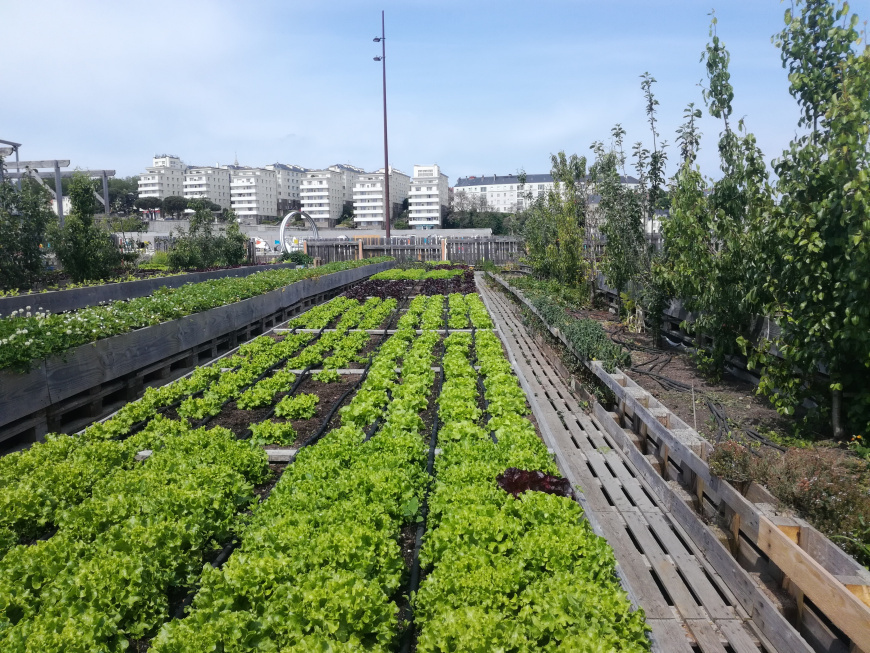
 back to all news
back to all news
Study finds that urban agriculture must be carefully planned to have climate benefits

Contact: ericksn@umich.edu
A new study, led by researchers at the University of Michigan School for Environment and Sustainability (SEAS), finds that fruits and vegetables grown in urban farms and gardens have a carbon footprint greater than conventionally grown produce. Some city-grown crops, however, equaled or outperformed conventional agriculture under certain conditions. For example, tomatoes grown in the soil of open-air urban gardens had a lower carbon footprint than tomatoes grown in conventional greenhouses.
Jason Hawes, study co-lead author and a doctoral student at SEAS, says that the exceptions revealed by the study suggest that urban agriculture can reduce climate impacts by cultivating crops that are typically grown in greenhouses or air-freighted. He also said that it's important to consider how sites are designed and managed.
The study, published Jan. 22 in the journal Nature Cities, used data from 73 urban farms and gardens in five countries, and is the largest published study to compare the carbon footprints of urban and conventional agriculture.
Joshua Newell, professor and co-director of the Center for Sustainable Systems at SEAS, led the SEAS portion of the project, and Benjamin Goldstein, assistant professor at SEAS is the study co-lead author. The U-M researchers formed an international team of collaborators from universities near the various food-growing sites. Ten of the collaborators are co-authors of the study.
Read the full press release on the Michigan News website.
Study: Comparing the carbon footprints of urban and conventional agriculture
Policy Brief (PDF): Policies to promote low-carbon urban agriculture

